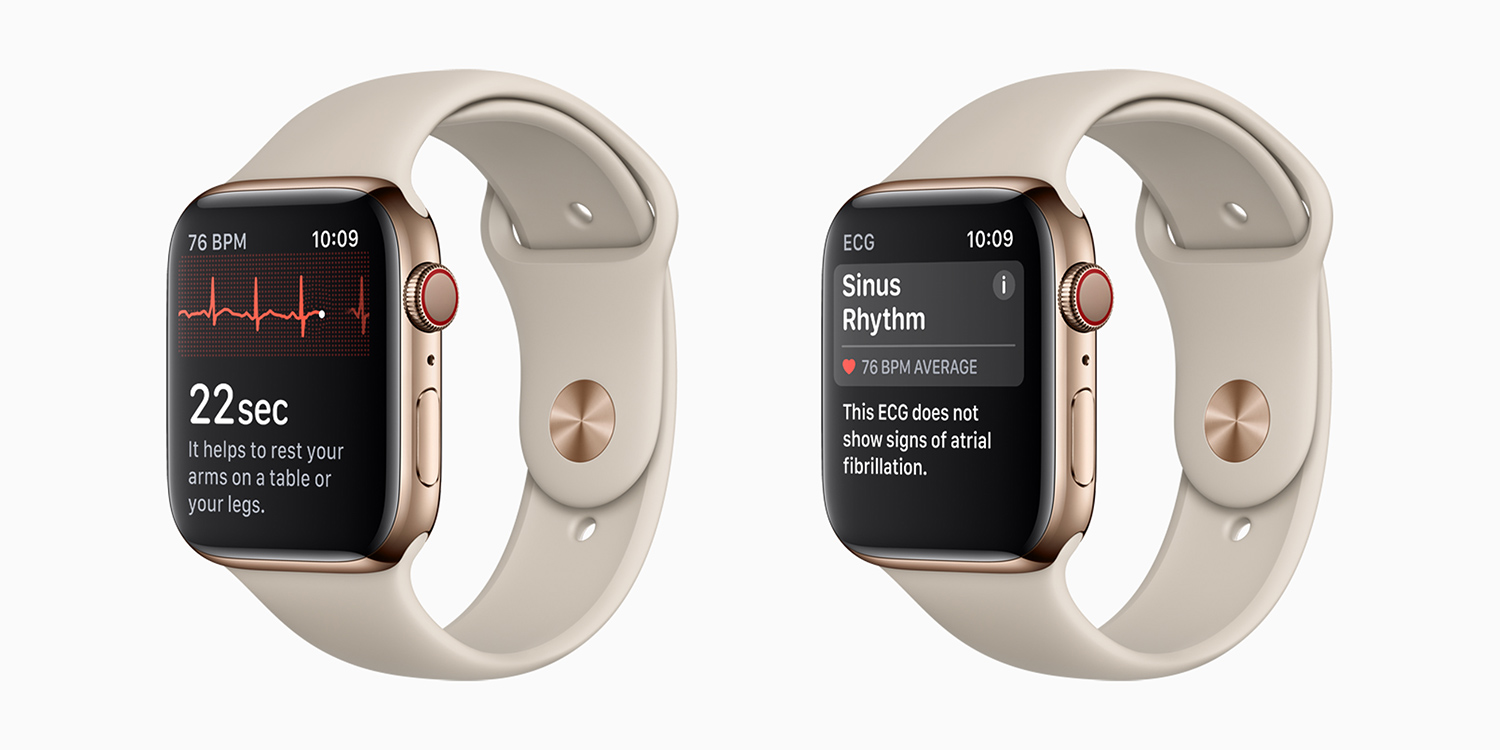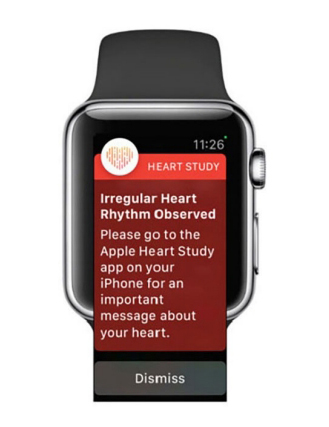Tim Cook says the Apple Watch is intended to be a game changer in the world of health. The latest version of the wearable is the first consumer gadget that can initiate an ECG scan, while it can also track your heart rate, and automatically call emergency services if you take a nasty fall.
Perhaps the biggest benefit of millions of users wearing a high-tech device with these sensors is the knock-on effect to the world of medical research. It has just been revealed that a huge heart study that’s been running on Apple Watch since earlier this year featured 400,000 voluntary participants, who registered via an app. Stanford explains more in a blog post:
“Researchers at Stanford Medicine, in collaboration with Apple, launched the Apple Heart Study last November to determine whether a mobile app that uses the optical sensor on the Apple Watch to analyze pulse rate data can identify atrial fibrillation. The condition, which is characterized by an irregular heartbeat, often remains hidden because many people don’t experience symptoms. Atrial fibrillation can increase the risk of stroke and heart failure.”
The study is the largest ever undertaking of its kind, and the data collection phase is almost over. 400,000 participants is an astonishing figure, and was unthinkable in the days when this kind of monitoring would require hospital visits and trained medical staff. Apple Watch has outsourced research to the masses, and healthcare should benefit accordingly.
Stanford will be able to analyze the full results next year, and hopefully we’ll see the outcome lead to even better health monitoring in future versions of the Apple Watch, and more accurate warnings for people using the current generation.


